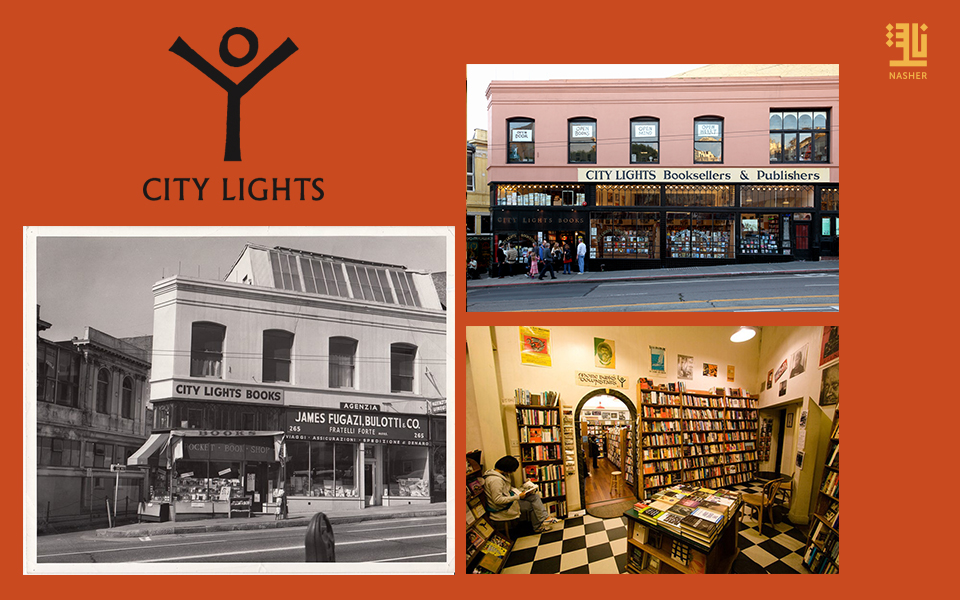City Lights bookstore in San Francisco, one of the worlds most famous independent bookstores whose name is forever associated with Beat Generation writers like Jack Kerouac, Lawrence Ferlinghetti and Allen Ginsberg, is celebrating its 70th birthday this month with a series of talks and events.
The store was founded in 1953 by the poet and writer Lawrence Ferlinghetti, author of A Coney Island of the Mind, and college professor Peter D Martin. It takes its name from the Charlie Chaplin film of the same title. The store quickly established a reputation for championing radical literature and for being a home away from home for writers like Jack Kerouac whose On the Road remains the Beat Generation bible. Today, the passageway at the side of the shop is named Kerouac Alley.
The store grew into a place where book lovers from across the country and around the world come to browse, read, and just soak in the ambience of alternative cultures only Literary Landmark. Although it has been more than sixty years since tour buses with passengers eager to sight beatniks first began pulling up in front of City Lights, the Beats legacy of anti-authoritarian politics and unconstrained intellectual curiosity continues to be a strong influence in the store, most evident in the selection of titles.
The City Lights masthead says a literary meeting place since 1953, and this concept includes publishing books as well as selling them. In 1955, Ferlinghetti launched City Lights Publishers with the now-famous Pocket Poets Series; since then the press has gone on to publish a wide range of titles, both poetry and prose, fiction and nonfiction, international and local authors.
Today, City Lights has well over two hundred titles in print, with a dozen or so new titles being published each year. The press is known and respected for its commitment to innovative and progressive ideas, and its resistance to forces of conservatism and censorship.
With this bookstore-publisher combination, it is as if, says Ferlinghetti, the public were being invited, in person and in books, to participate in that great conversation between authors of all ages, ancient and modern.
The store remains a beacon of democratic and intellectual freedom as conservative-led book bans continue to challenge the bookselling and publishing community in the US.







